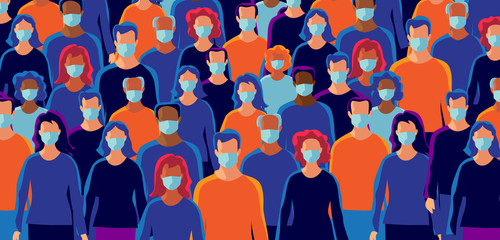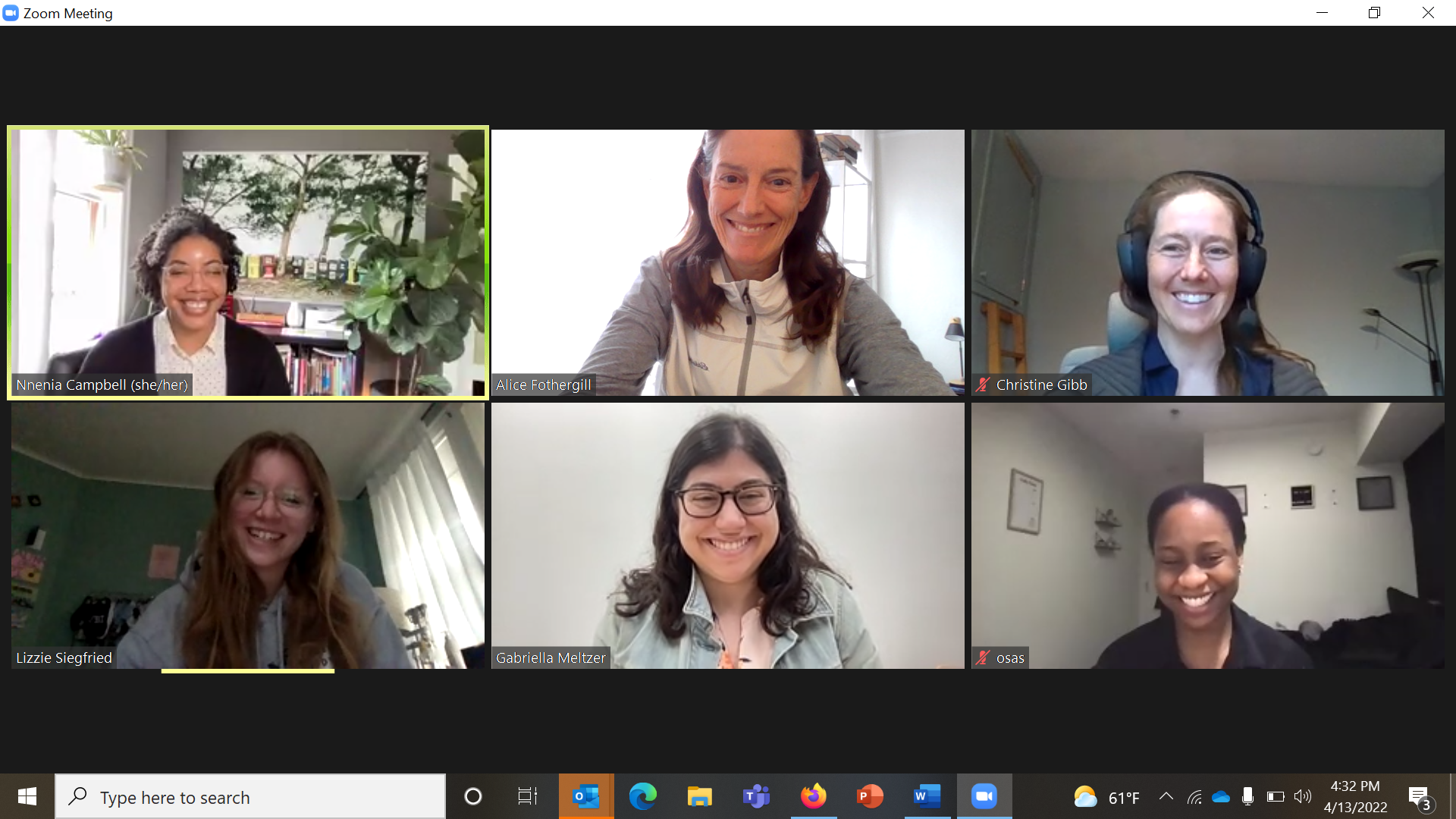
We are a team of researchers from Canada and the United States: Dr. Christine Gibb (University of Ottawa), Dr. Nnenia Campbell (University of Colorado), Dr. Gabriella Meltzer (Columbia University), and Professor Alice Fothergill (University of Vermont). Above we are having a team meeting on Zoom with our student research assistants, Osas Iyalekhue (University of Ottawa) and Liz Siegfried (University of Vermont) in Spring 2022.
Please see bios below of our core research team.
Who We Are
Core Research Team:
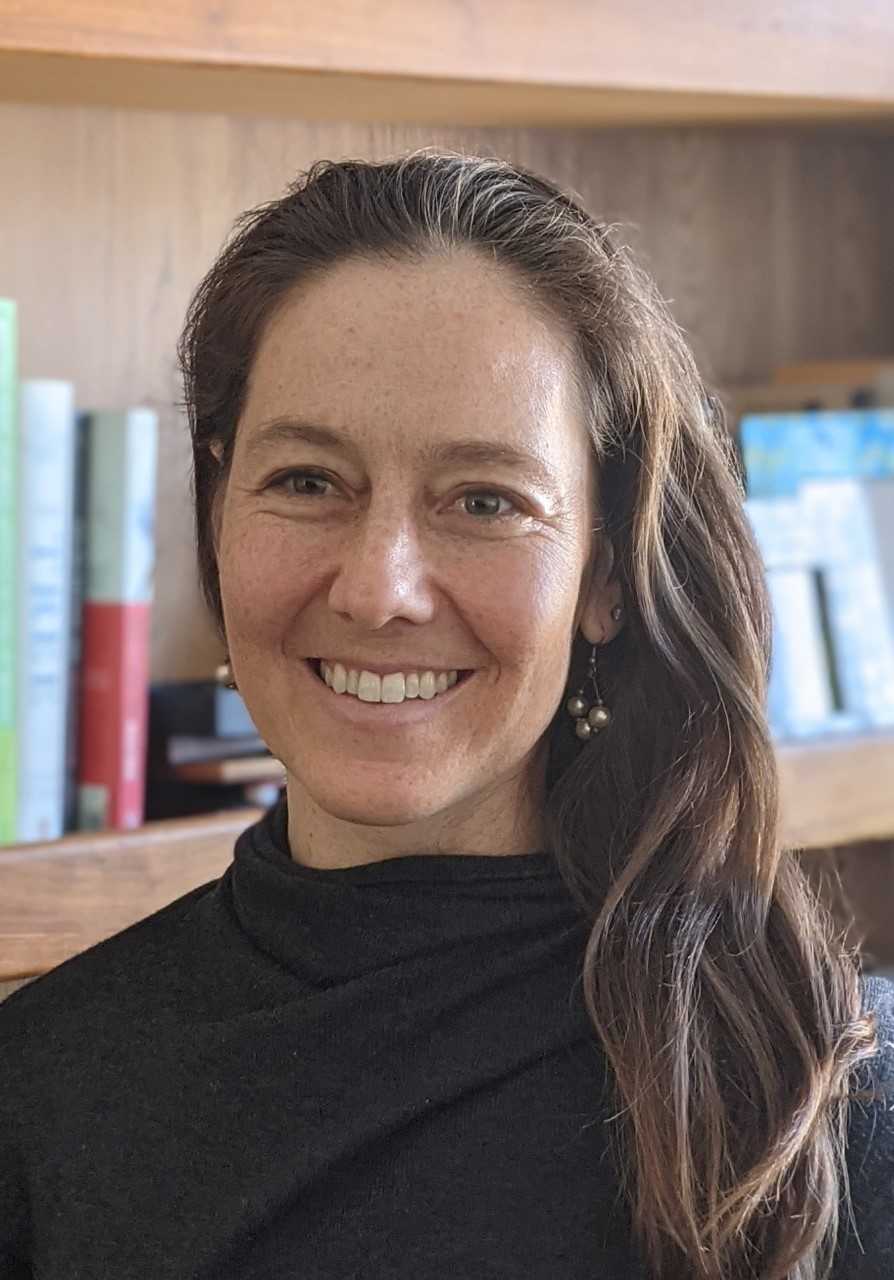
Dr. Christine Gibb
Dr. Christine Gibb is an Assistant Professor at the School of International Development and Global Studies at the University of Ottawa. Her research focuses on environmental migration, in particular the experiences and im/mobilities of disaster survivors and the institutions that govern post-disaster spaces. She has an interdisciplinary background, which includes studies in geography, capacity development and extension, international development and biology. Her research interests are shaped by these and other experiences within and beyond academia. Her current work is focused on the ways in which gendered religious practices, institutions and norms determine access to disaster assistance in Southeast Asia. Her past research projects have been based in Kenya, Ghana, the Philippines, Canada and the USA. Outside academia, she has worked as a consultant for several United Nations agencies and NGOs on environment, development, and youth education issues.
Pronouns: she/her/elle
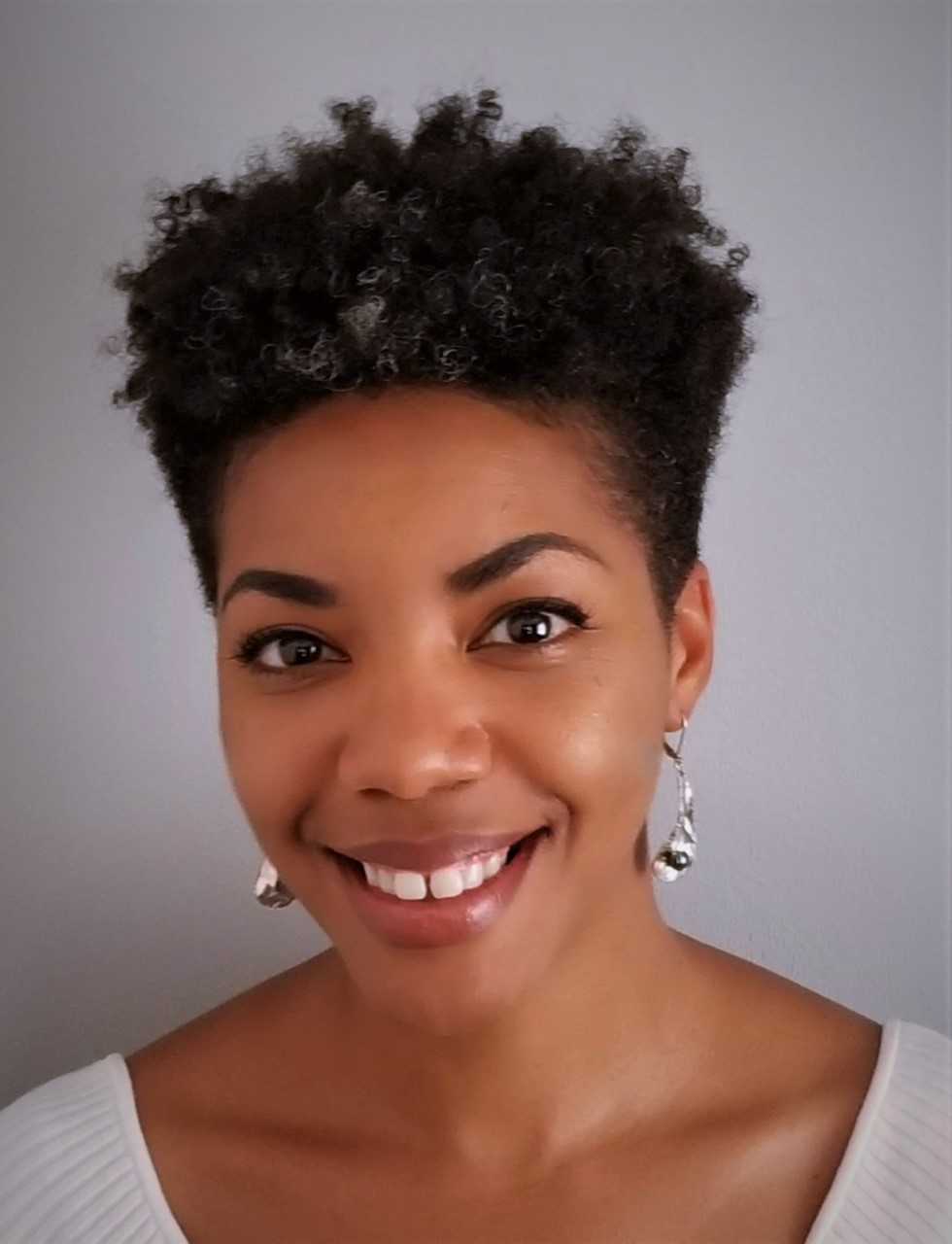
Dr. Nnenia Campbell
Dr. Nnenia Campbell is Deputy Director of the Bill Anderson Fund (BAF), a research associate at the Natural Hazards Center at the University of Colorado Boulder, and Co-founder of the Collaborative for the Social Dimensions of Disasters. A sociologist by training, her work straddles the worlds of research, program development, and evaluation. Her work with the BAF supports inclusion and leadership among historically underrepresented minorities pursuing doctoral degrees in fields related to hazards and disaster research and practice. Her research centers on the intersections between social vulnerability and resilience, particularly among marginalized communities facing environmental hazards, as well as the roles that community-based organizations play in supporting disaster response and recovery. Campbell is passionate about using research and program evaluation to facilitate evidence-based practice, particularly through disaster preparedness planning and capacity-building activities. Her recent projects develop guidance for decision-makers related to COVID-19 and concurrent disasters as part of the Societal Experts Action Network coordinated by the National Academies of Sciences, Engineering, and Medicine and examine disaster planning and response among community-based service providers that are simultaneously grappling with the impacts of the pandemic.
Pronouns: she/her
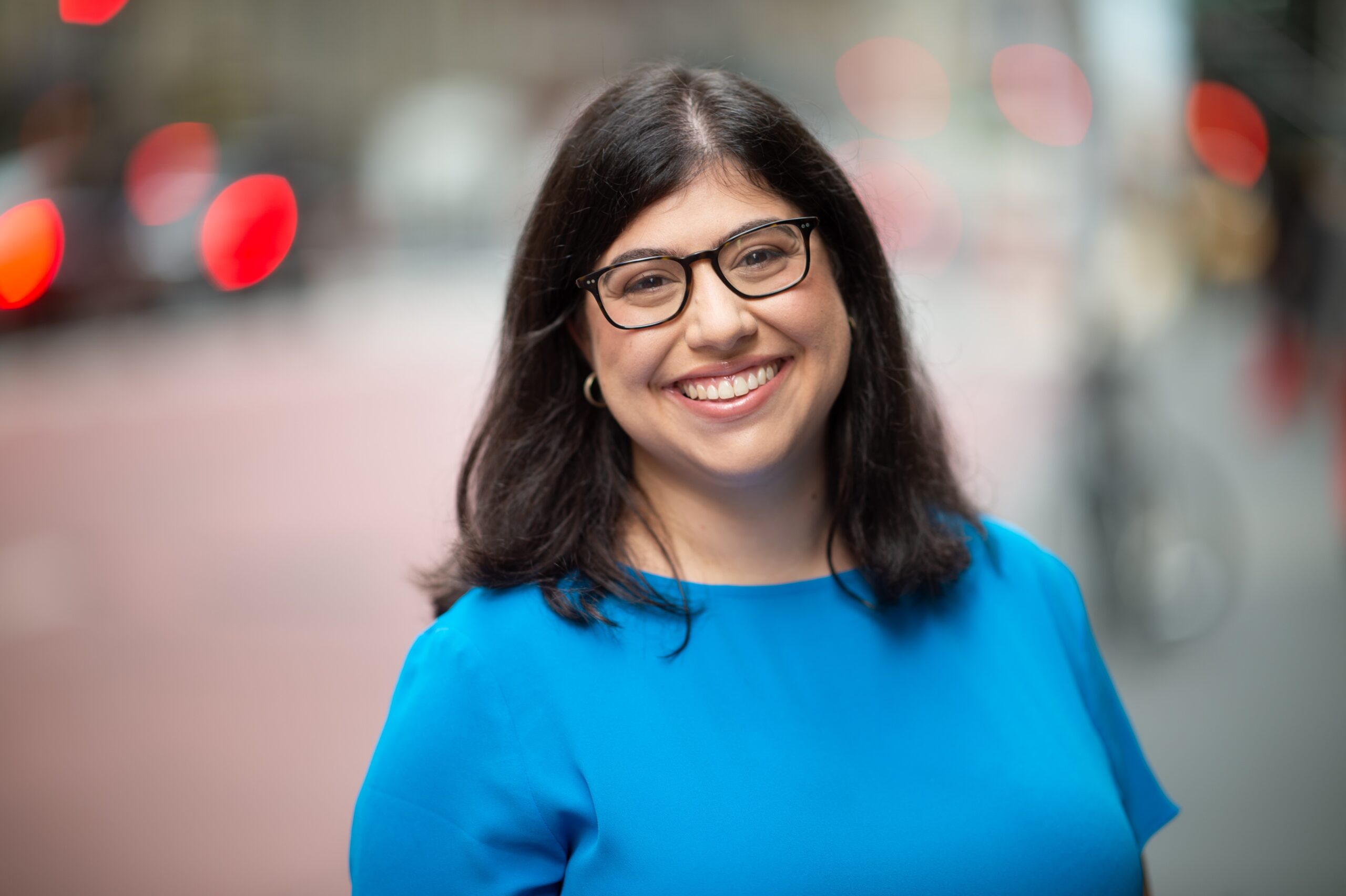
Dr. Gabriella Meltzer
Dr, Gabriella Meltzer is a postdoctoral research fellow in the Department of Environmental Health Sciences at Columbia University Mailman School of Public Health. She received her PhD in public health from NYU’s School of Global Public Health under advisement from faculty in the Center for Public Health Disaster Science. Her research interests explore how community-level environmental stressors—ranging from natural hazards, technological disasters, biohazards, and industrial pollution—create and exacerbate health disparities at critical and sensitive periods of the life course, including infancy, childhood and adolescence, pregnancy, and old age. Prior to NYU, Gabriella received her BA in Health and Societies from the University of Pennsylvania and was a Global Health Research Associate at the Council on Foreign Relations.
Pronouns: she/her
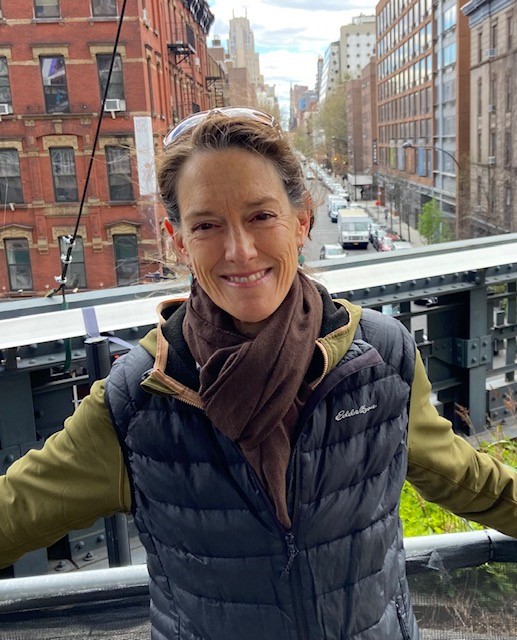
Dr. Alice Fothergill
Dr. Alice Fothergill is Professor of Sociology at the University of Vermont. She studies disasters, children, inequality, and vulnerability. She is an editor of Social Vulnerability to Disasters, first and second editions, and the author of Heads Above Water: Gender, Class, and Family in the Grand Forks Flood, which examines women’s experiences in the 1997 flood in Grand Forks, North Dakota. Professor Fothergill and her co-researcher, Professor Lori Peek, conducted a longitudinal study on the experiences of children and youth in Hurricane Katrina, which resulted in the 2015 award-winning book, Children of Katrina. She has conducted research on volunteerism in the aftermath of the September 11, 2001 terrorist attacks in New York City, mothers’ challenges in academia, and the culture of childcare centers in Ohio. In the aftermath of Tropical Storm Irene in Vermont in 2011, she took her UVM students into devastated Vermont communities to help with recovery efforts. In 2017, Professor Fothergill was a Fulbright Fellow in New Zealand, examining disaster preparedness for childcare centers, and in 2022 she was a visiting scholar at the Center for Public Health Disaster Science at New York University (NYU). Originally from Washington, D.C., she was a research associate at the Hazards Center at the University of Colorado, and then a faculty member at the University of Akron. Professor Fothergill joined the UVM sociology faculty in 2003, and lives in Williston, Vermont with her family.
Pronouns: She/her
Research Assistants:
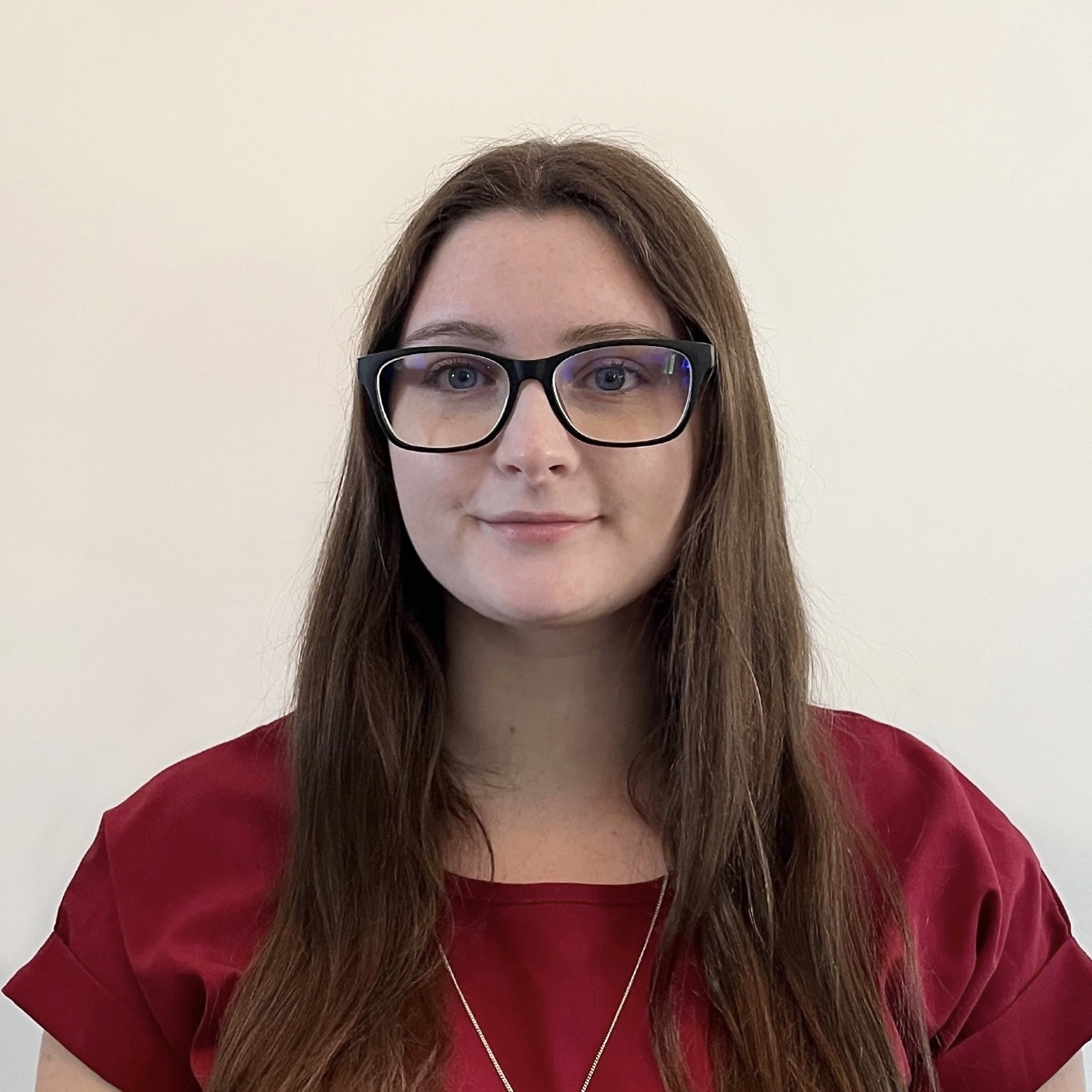
Rachel Caird
January 2025 – April 2025
Rachel is completing her Honours Bachelor of Science in Psychology at the University of Ottawa. She aims to develop and refine her skills in data coding, qualitative analysis, and use of software tools for data management. In her role as a Research Assistant, Rachel’s primary tasks include qualitative coding and transcription, website and social media management, as well as supporting knowledge mobilization and data visualization efforts. She is excited about the opportunity to assist the research team, and is grateful for the opportunity to explore the intersection of psychological resilience and community preparedness in the face of disasters.

Mei Elander
January 2025 – April 2025
Mei is a third-year student studying International Development and Globalization at the University of Ottawa. Inspired by Dr. Gibb’s course on qualitative research methods, she was motivated to join this project to gain research experience. Her work has included podcast transcription, coding, compiling an annotated bibliography on children’s well-being in the context of disasters, and supporting the study’s partner – the National Campus and Community Radio Association (NCRA). Mei is incredibly grateful for the opportunity to learn from and contribute to the research team, which has deepened her understanding of the impacts of disasters.
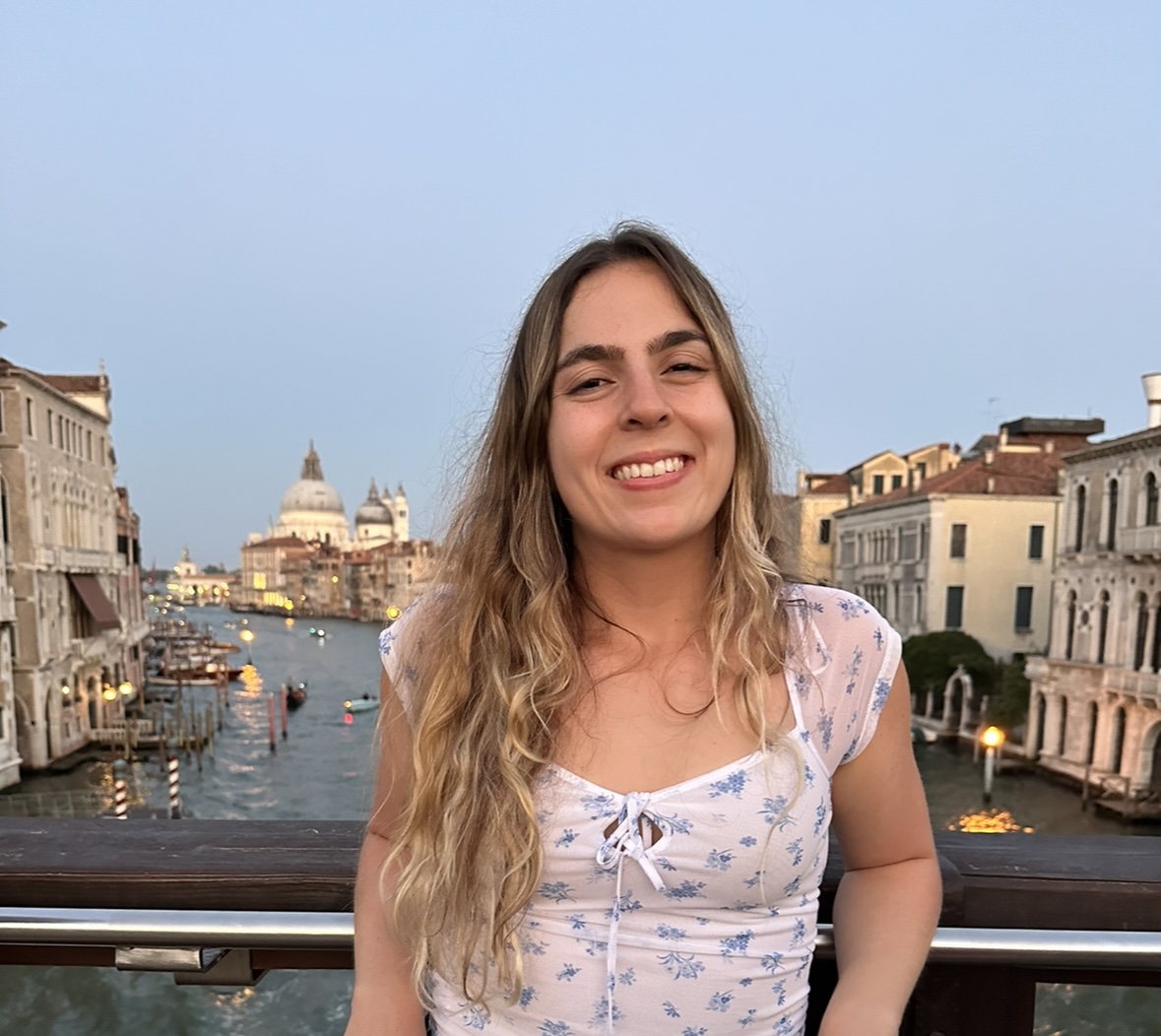
Océane Bruneau
September 2024 – December 2024
Océane is a third-year student completing an honours bachelor in psychology and a minor in management. With hopes of entering a field of work that helps vulnerable populations, this seemed to be the perfect opportunity to extend her knowledge about them. As part of the research team, she has corrected the french translation for the podcast surveys in Qualtrics, worked on coding as well as worked on some EDIA tasks.
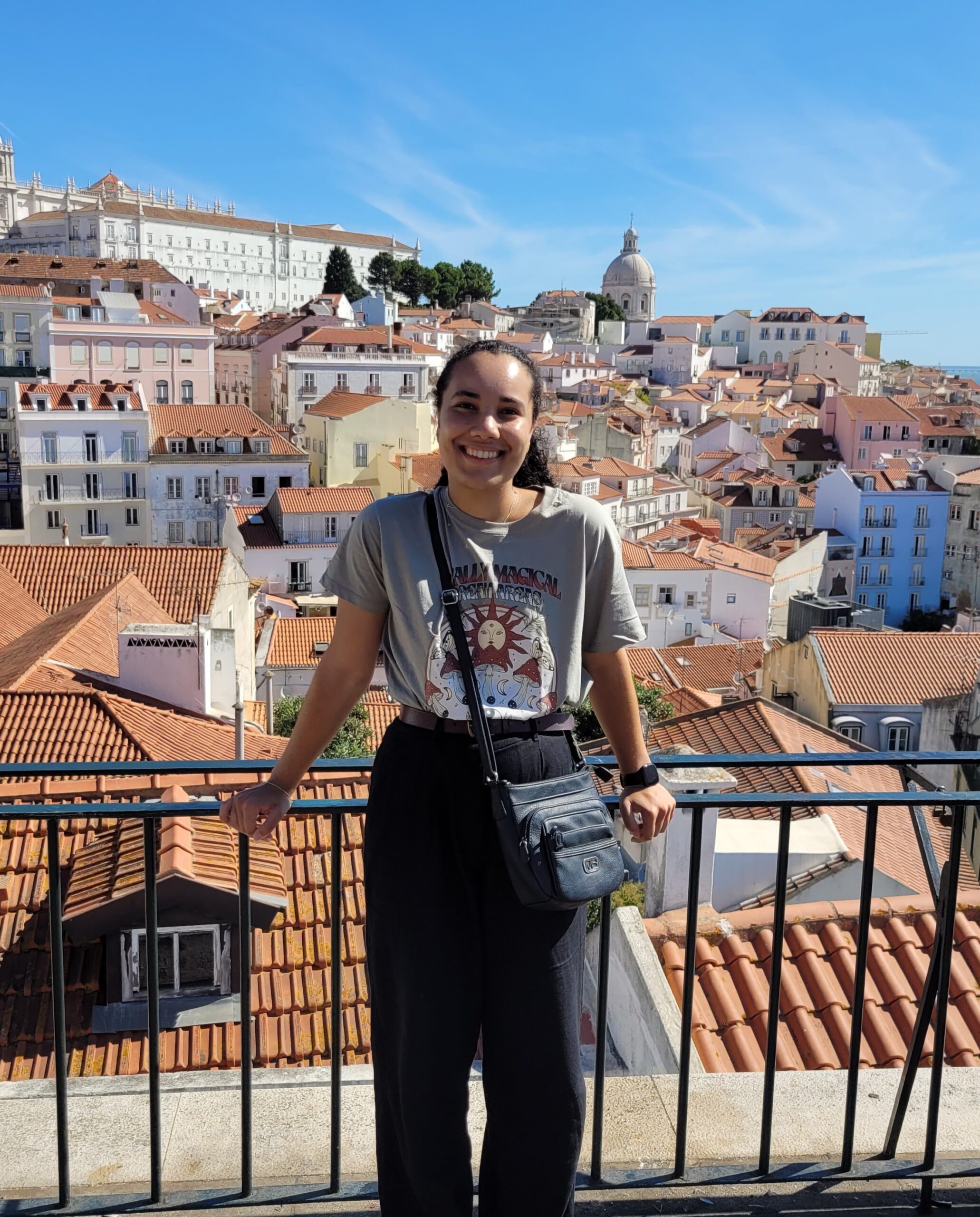
Yasmine Tiraoui-Elkhoumri
September 2024 – December 2024
Yasmine is a third-year Psychology student at the University of Ottawa. She joined the team as a way to learn more about academic writing, publishing, and coding, while also exploring how the COVID-19 pandemic has impacted various groups and their wellbeing. In this project, her responsibilities included supporting the development of quantitative paper #2 by conducting research for the literature review and coding interview transcripts using Dedoose.
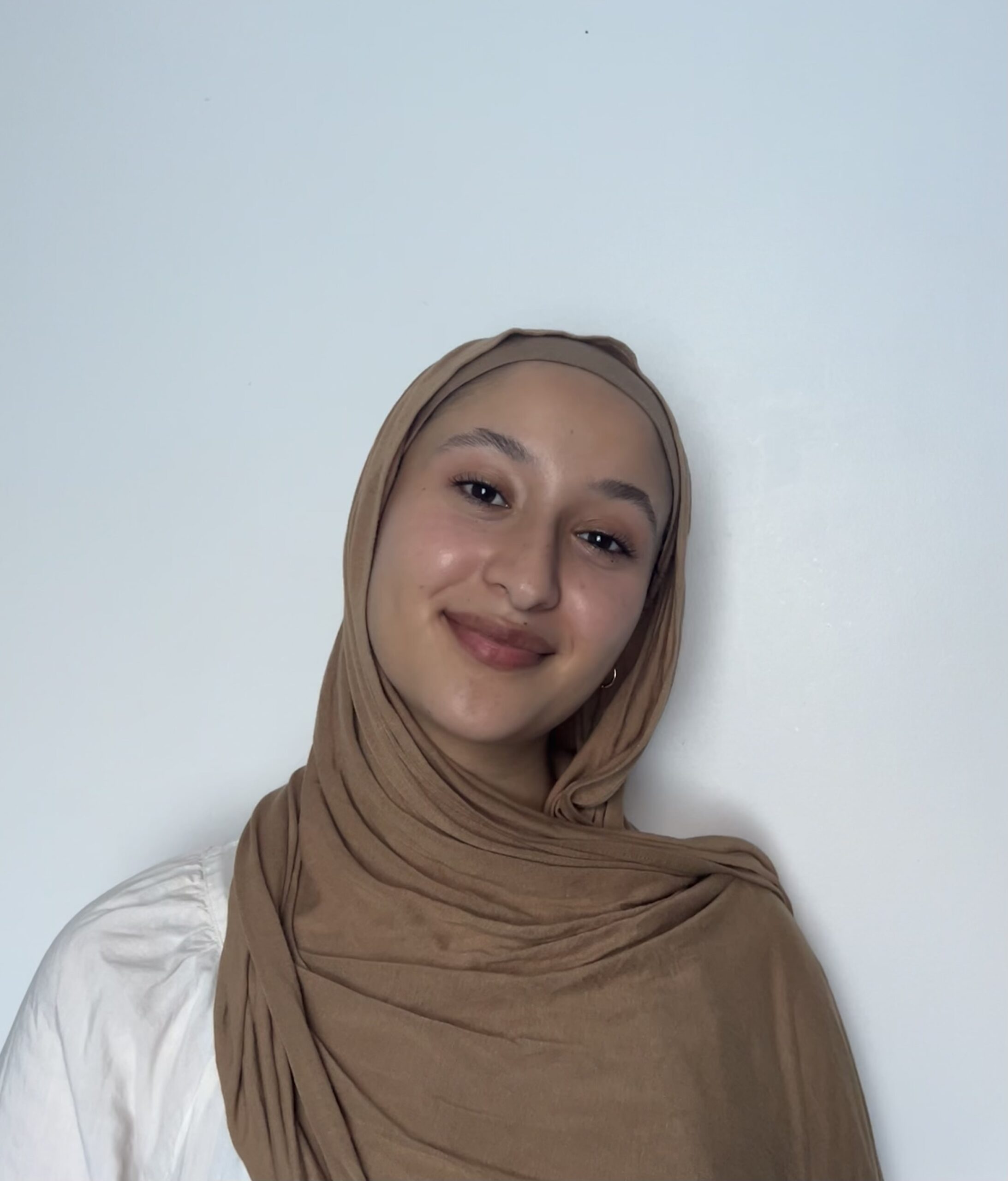
Sara Meyers
September 2024 – December 2024
Sara is in her final year of undergraduate studies, working towards an Honours BSocSc in Conflict Studies and Human Rights. In her role as a research assistant for the Life in COVID study, she handles various tasks, including coding journal data, facilitating communication and outreach for senior podcast sessions, and conducting research focused on the well-being of adolescents during disaster.
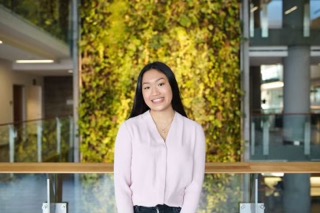
Onsum Woo
January 2023 – December 2024
Onsum is a fourth-year student studying Public Administration and Economics at the University of Ottawa. She joined the team to deepen her understanding and gain hands-on experience in the research. As part of the research team, she transcribed and coded interviews and produced an annotated bibliography on Covid Experiences in Children. She also contributed to the communications for the study, designing presentations, managing the website, creating infographics, and curating content for social media.
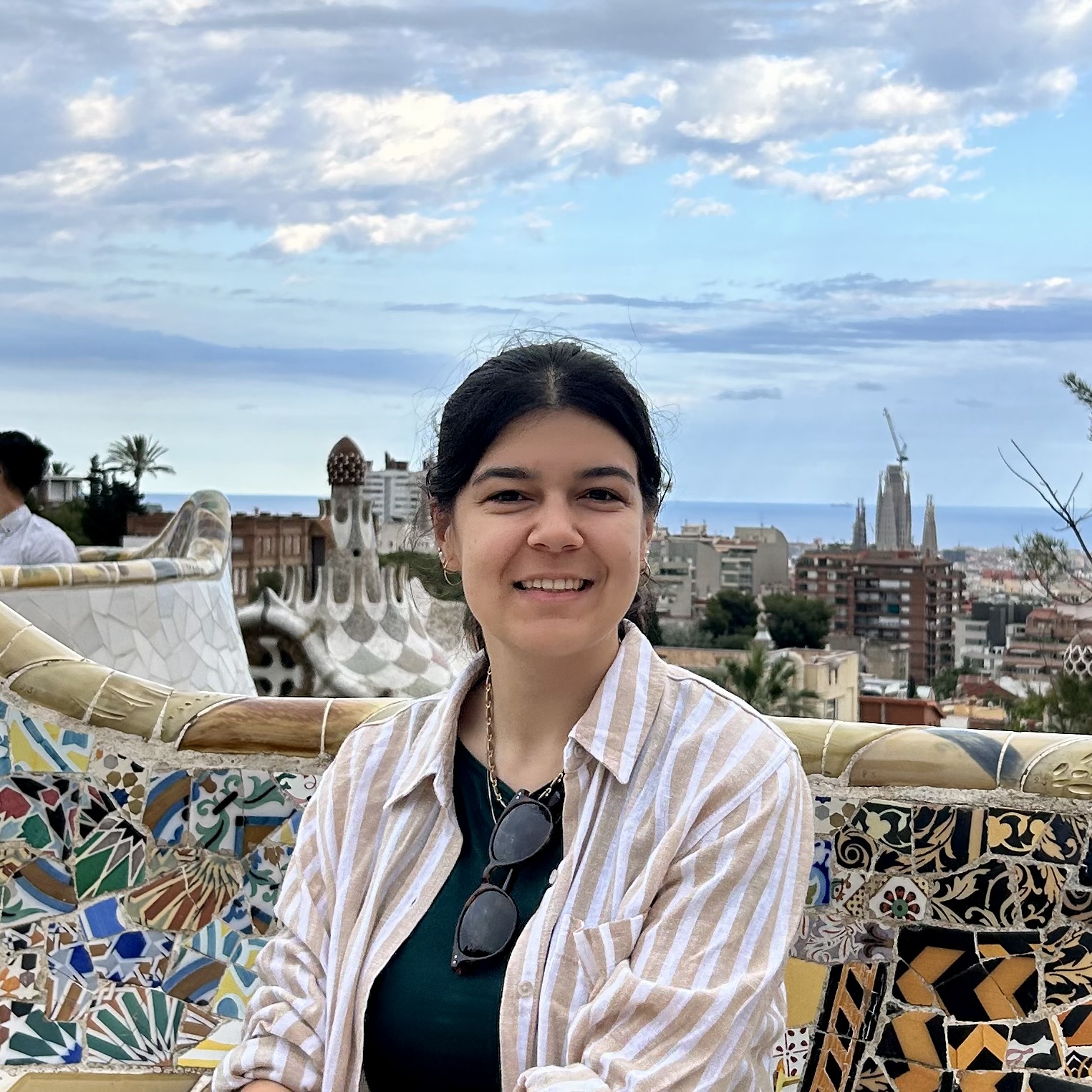
Emily Carew
January 2024 – present
Emily is a Graduate student at the School of International Development and Global Studies at the University of Ottawa, pursuing a Master’s Thesis. She joined the Life in Covid study during her undergraduate degree through the University of Ottawa’s Directed Research Program. Emily continues to be a member of the research team, primarily tasked with qualitative coding of in-depth interviews. She is particularly interested in intergenerational interactions and observations, and how this impacts people’s Covid-19 experiences and circumstances. In July 2024, Emily led a qualitative coding workshop in collaboration with Unite & Inspire. She is passionate about political and social change, and the capacity for collectives and movements to invoke change in varying contexts.
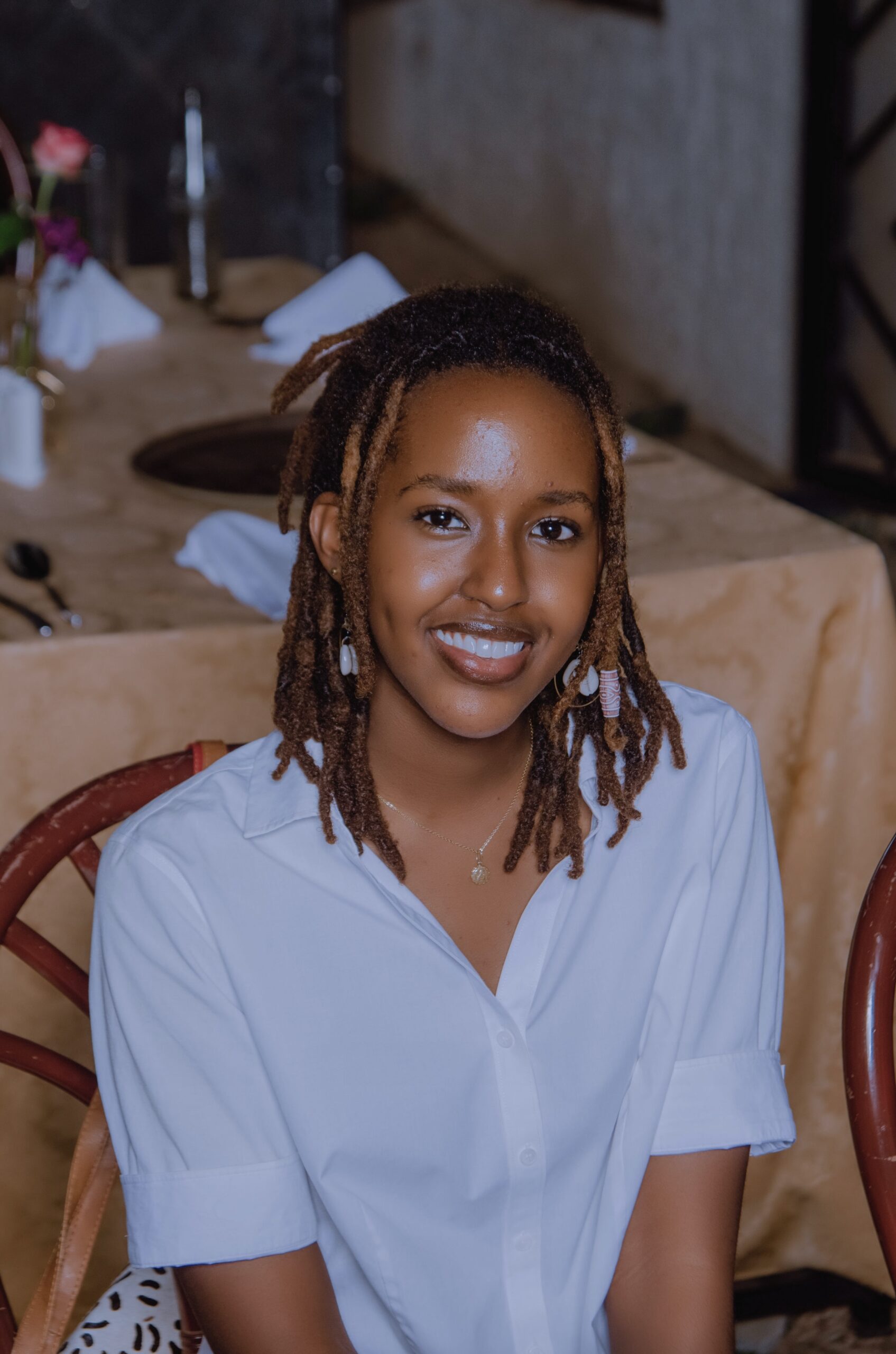
Mukazi Ntagungira
September 2023 – December 2024
Mukazi is a 4th year student in the International Development and Globalization program at the University of Ottawa. As an aspiring researcher, with an academic knack for everything intergenerational and intercultural, Mukazi decided to volunteer with the Life in COVID study after Dr. Gibb introduced this project in one of her classes. Mukazi has since gained valuable research insights from the expertise of her team members, as well as from her main tasks of interview transcription, coding and writing literature reviews. She is also most excited to be contributing to a study that is pioneering the use of podcasting as a research method.
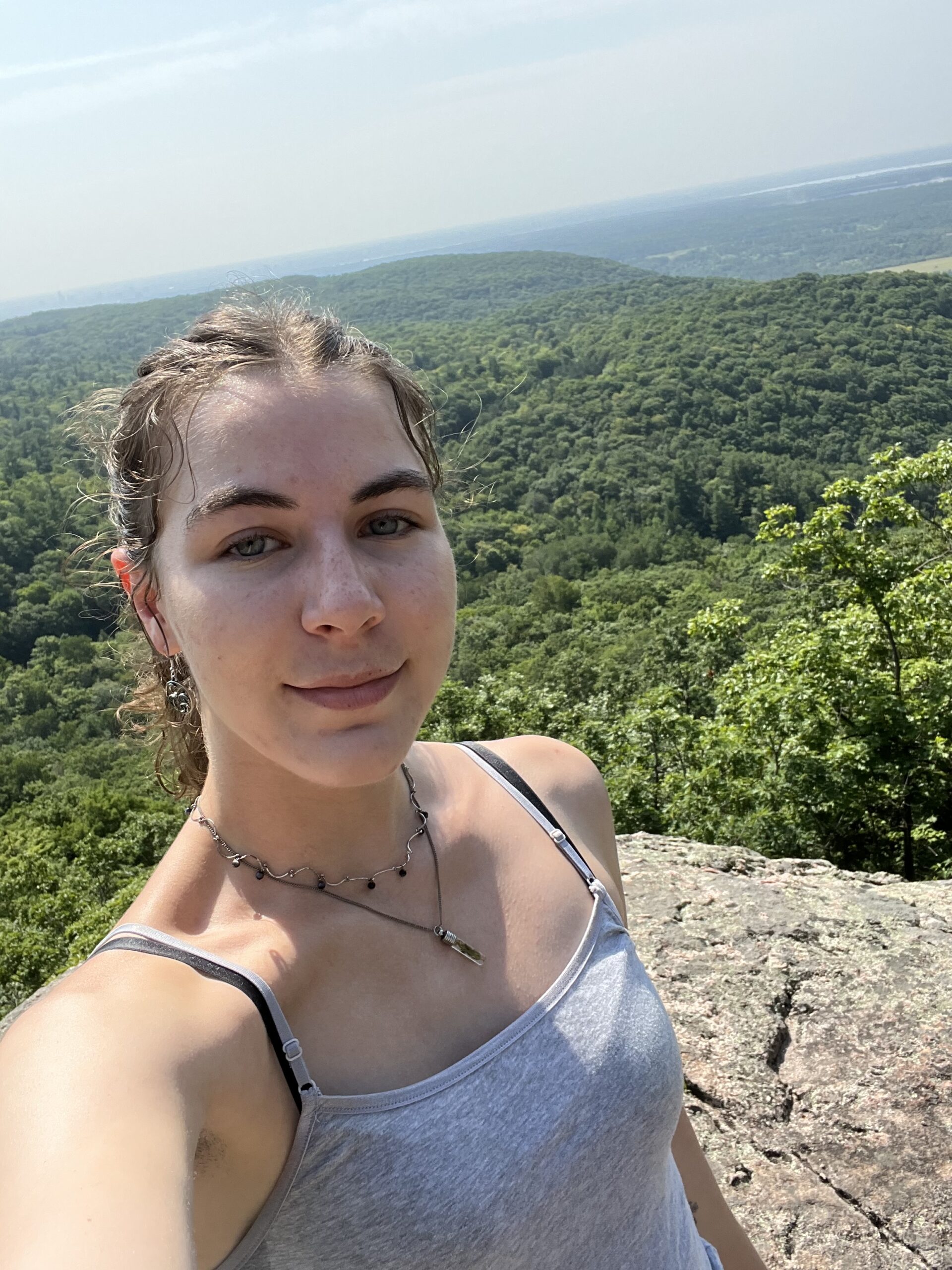
Jazz Tae Duff
September 2023 – April 2024
Jazz is a fourth year Psychology student at the University of Ottawa (2020-2024). She joined the team as a means to learn more about human experiences, especially those of vulnerable groups. Her time on the team has mostly been spent coding interview transcripts.
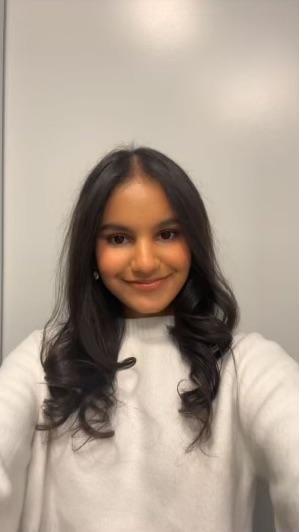
Devika Jain
September 2023 – December 2023
Devika is in her fourth year at the University of Ottawa, pursuing an Honours BSocSc in Criminology (Research Focus). As a part of this study, some of her primary responsibilities included transcribing interviews, coding interviews using Dedoose, maintaining the Living Codebook, and producing an annotated bibliography. Devika finds the interpersonal nature of this project very intriguing and is grateful to have gained many valuable insights about the reality of the COVID-19 pandemic while working on this research team.
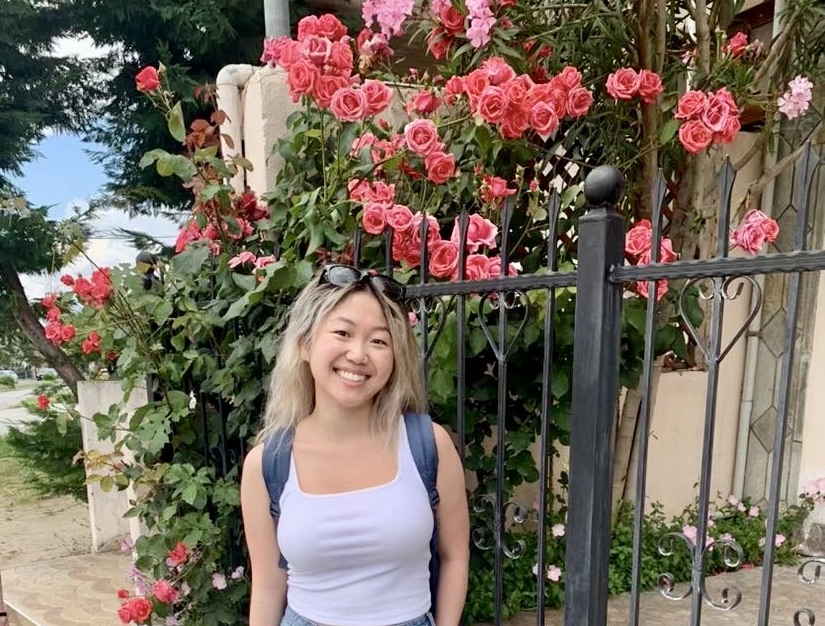
Hillary Monastero
September 2023 – December 2023
Hillary is a fourth year student at the University of Ottawa in the Joint Honours in Sociology & Anthropology program. The opportunity to participate in the Life in Covid study immediately grasped her interest as she had previous experience working with older adults during Covid-19, and was eager to learn more. Throughout the study, she worked on editing Qualtrics consent forms, the Life in Covid website, and summarized the team’s academic articles into blog posts and infographics.
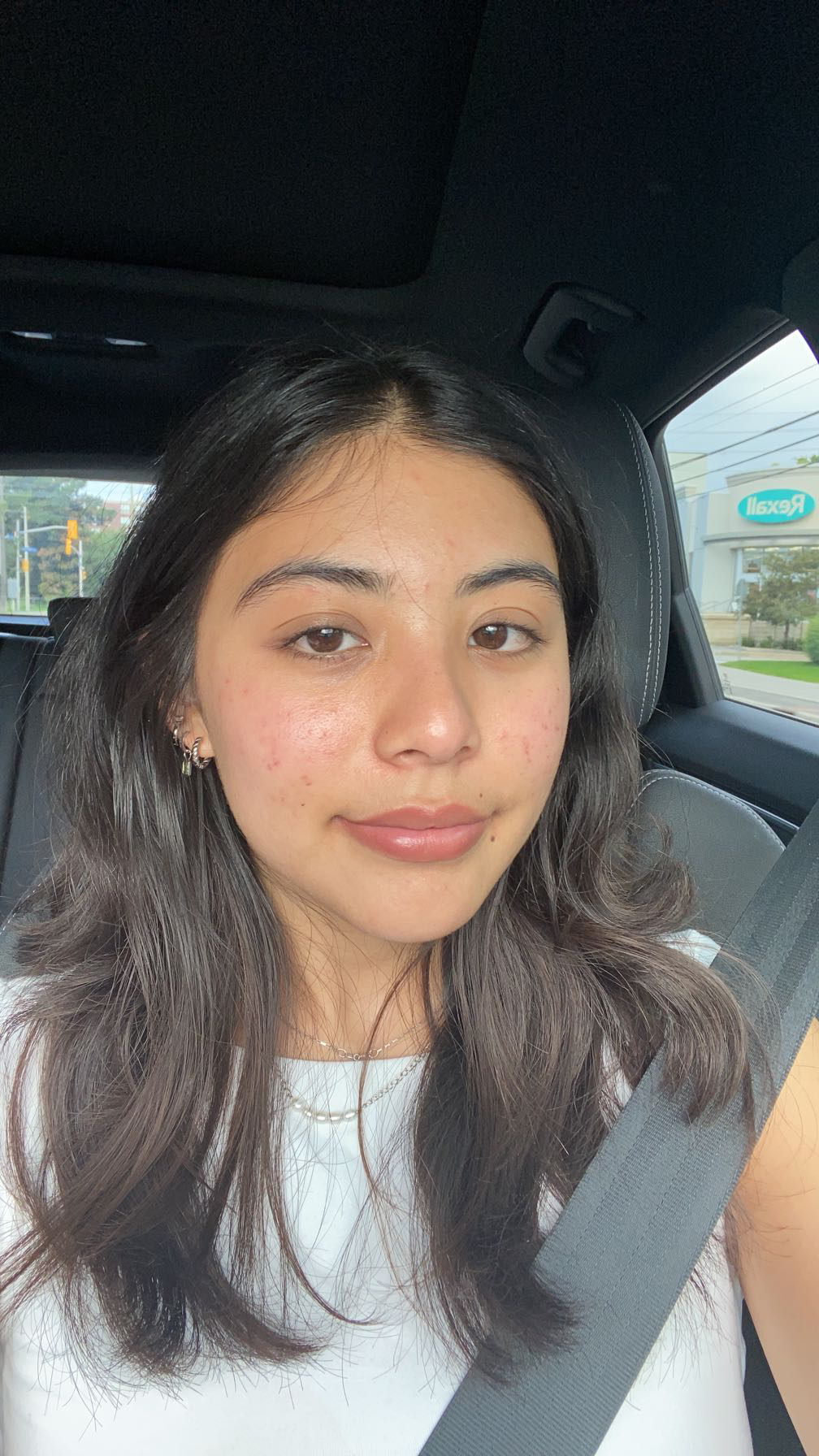
Parisa Ghatta
May 2023 – August 2023
Parisa is a fourth year political science student that has always been intrigued by the field of research and ethnography as it explores the way people think, the way they are connected to one another, and the way the world shapes them and vice versa. Participating in the life in COVID study seemed like the perfect manner to explore that. This project provided the opportunity for Parisa to transcribe interviews of those who participated in the study.

Tony Dinh
January 2023 – present
Tony is a PhD Candidate researching sand-related natural resources and livelihoods in Vietnam, with a focus on the political ecology of sediment, extraction, and rural transformation. As a member of the Life in COVID team, he focuses on quantitative analysis across multiple projects. His work includes previous publications on teenage connectedness during the pandemic and ongoing research exploring socioeconomic access to third places.
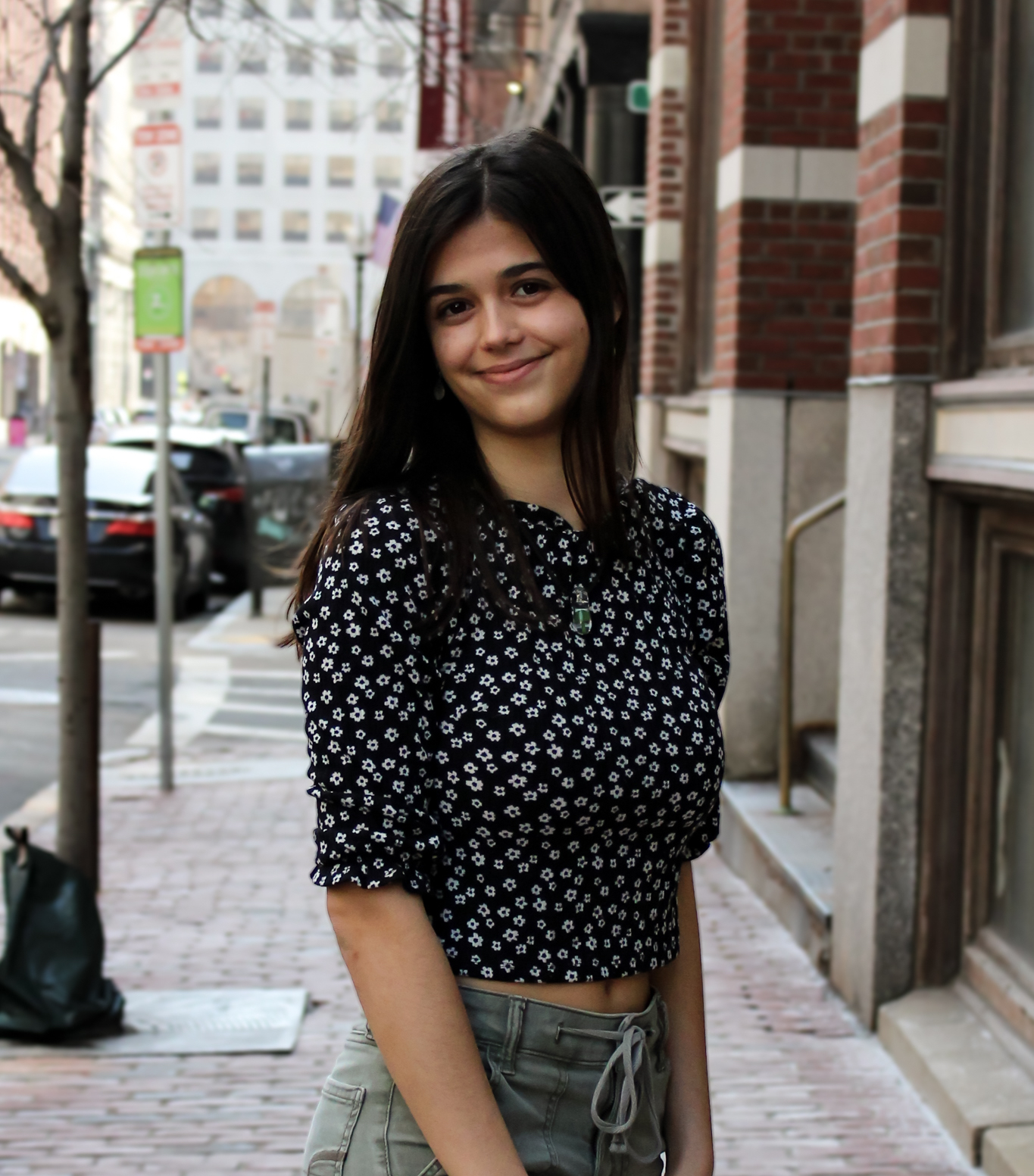
Emilie Boulette
January 2023 – May 2023
Emilie is a 2023 graduate from University of Vermont Sociology program who contributed to the Life In Covid Study during the Spring 23′ semester. Her primary contributions included data visualization that appeared in the Colorado Hazards Quick Response Report, as well as conducting key informant interviews with other members of the research team.
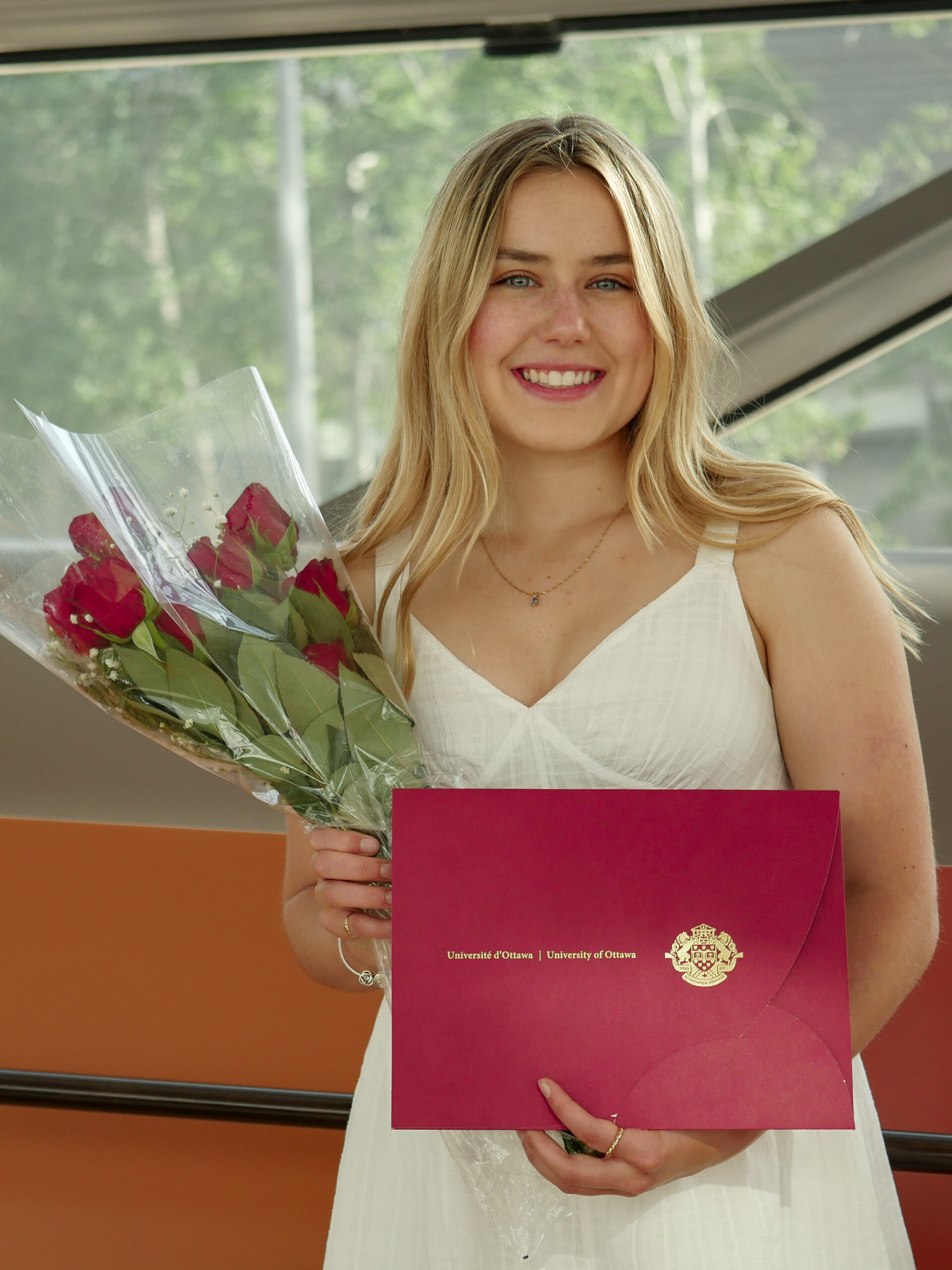
Elyse Gregory
September 2022 – April 2023
As a recent International Development and Globalization graduate, Elyse is passionate about interdisciplinary research in the social sciences and enjoyed working collaboratively with the Life in Covid study as a research assistant, by supporting data collection and analysis. Highlights of Elyse’s undergraduate degree included taking part in the Life In Covid study, along with serving as the President of Right to Play uOttawa, President of the Figure Skating Club, and an Executive Member of uOttawa’s International Development Week Conference.

Madison Moon
January 2023 – April 2023
Madison is a fourth-year student pursuing an Honours Bachelor in Political Science with a Minor in Philosophy. The Life in Covid study was Madison’s first research assistant experience. In her role, she participated in the National Campus and Community Radio Association’s Seniors’ Podcast Committee, assisted with the quantitative coding of participant journals, and performed research for the quantitative publication’s literature review. Since the conclusion of her term with the Life in Covid study team, Madison has worked on teams researching the framing of Bill 60 in Ontario and the pro-immigration sentiments of football (soccer) fans in Europe.

Jagnoor Kaur Saran
September 2022 – December 2022
After graduating from the University of Ottawa in 2023, Jagnoor is now a law student at McGill University. Many of her research skills were developed during her time with the Life in COVID study, where some of her tasks included coding quantitative data journals, and being a liaison between the research team and the National Campus and Community Radio Association’s (NCRA) seniors podcast working group. She also conducted a literature review regarding equity, diversity, inclusion, and accessibility (EDIA) in radio/podcasting. With other student participants of the study, she presented her work on EDIA at an online event hosted by uOttawa’s Office of the Vice-President of Research and Innovation, on Sex- and Gender-Based Analysis + in academia.
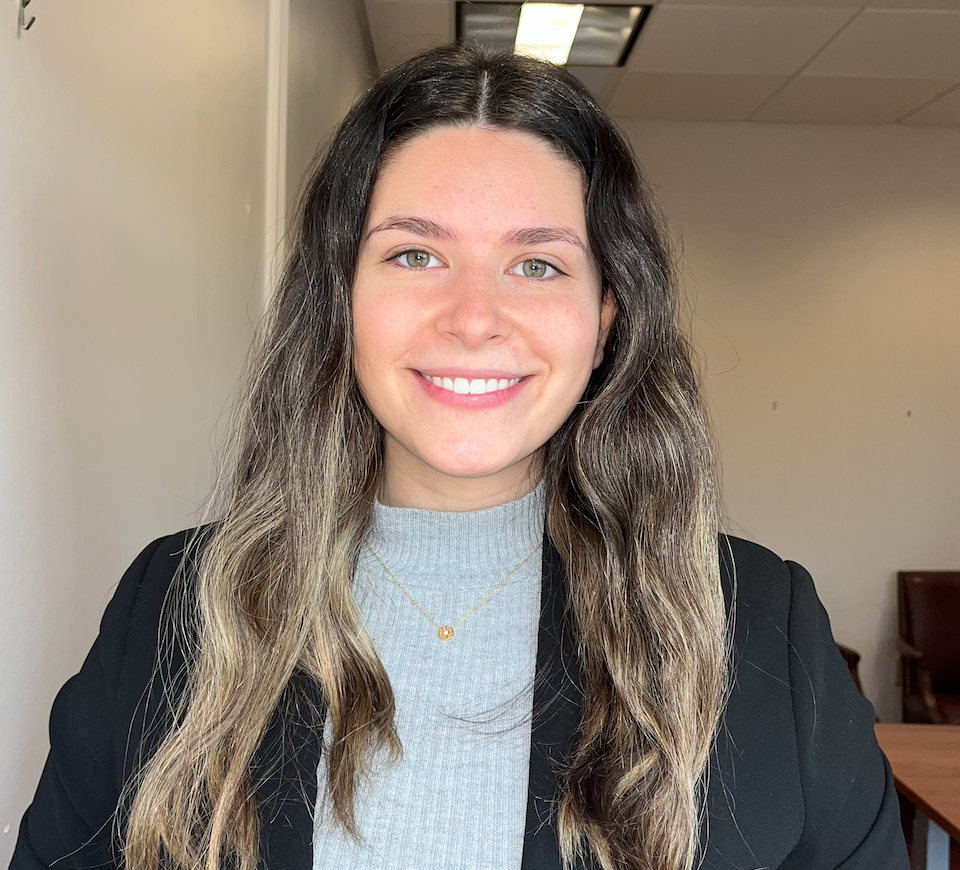
Eliza Erman
September 2022 – December 2022
Eliza studied sociology at the University of Vermont. Being a research assistant on the Life in Covid study caught her attention because she wanted to learn more about conducting sociological research and quantitative coding. Eliza’s primary duties on the team were coding transcripts and journals in Dedoose, and scrubbing data in Qualtrics.

Elizabeth Siegfried
August 2021 – May 2022
Liz was a junior at the University of Vermont while she worked on the Life in Covid study from August 2021-May 2022. She graduated from UVM with a Bachelors of Arts in Psychology and Sociology with a concentration in Crime and Criminal Justice and a minor in Law and Society in May 2023. After hearing about the study while in Sociology of Disasters with Professor Fothergill during the pandemic, she wanted to learn more about Sociological research and how the study could impact the public’s view of how Covid affected the country. She worked on social media recruitment, coding, study design, and helping with interviews.
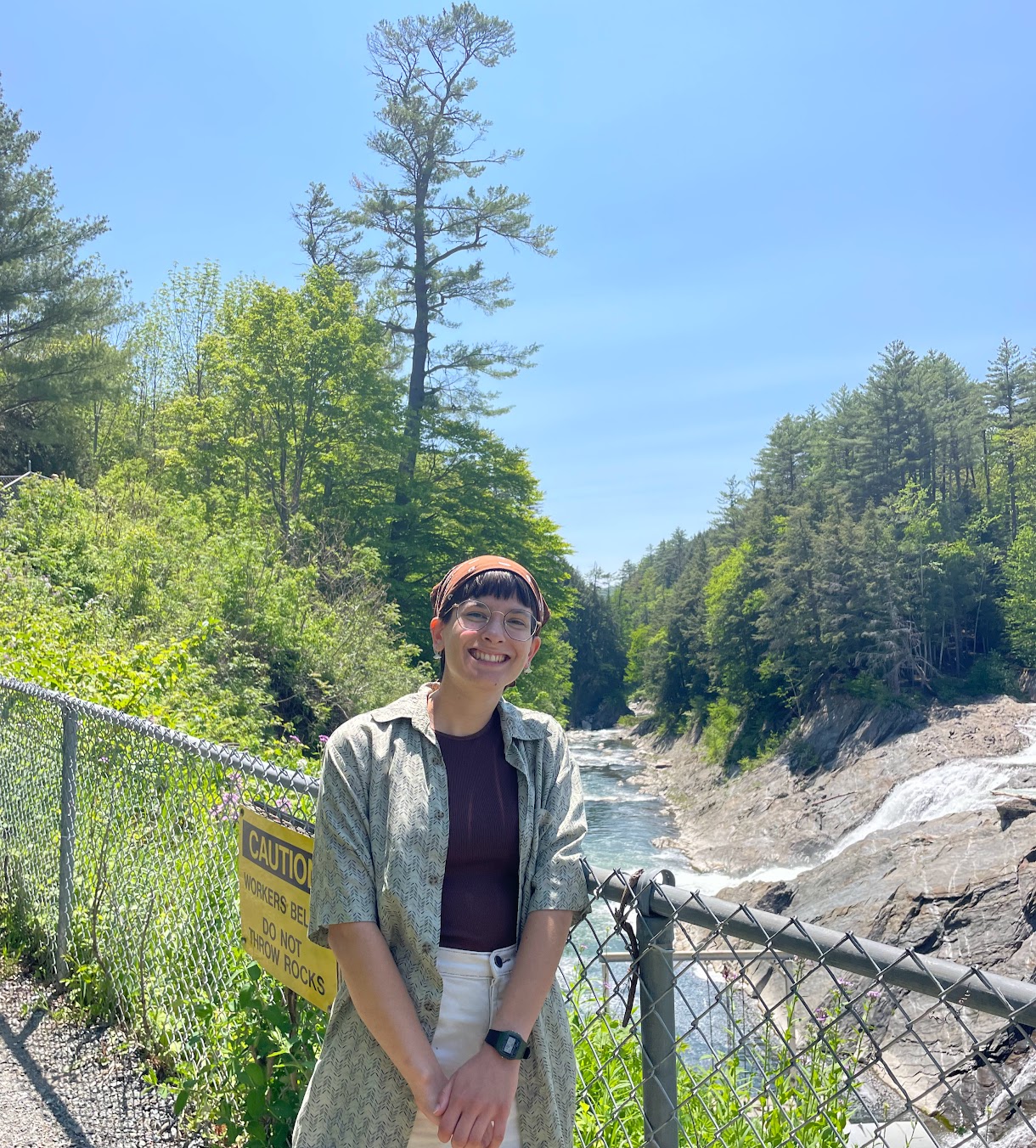
Mac Gaither
Research Assistant
Mac is a Sociology major, in addition to having a Community and International Development minor at the University of Vermont. As a research assistant in the Life in Covid study, primary tasks related to editing an edition of the research report, working on the study’s website, and transcribing, editing, and coding interviews.
